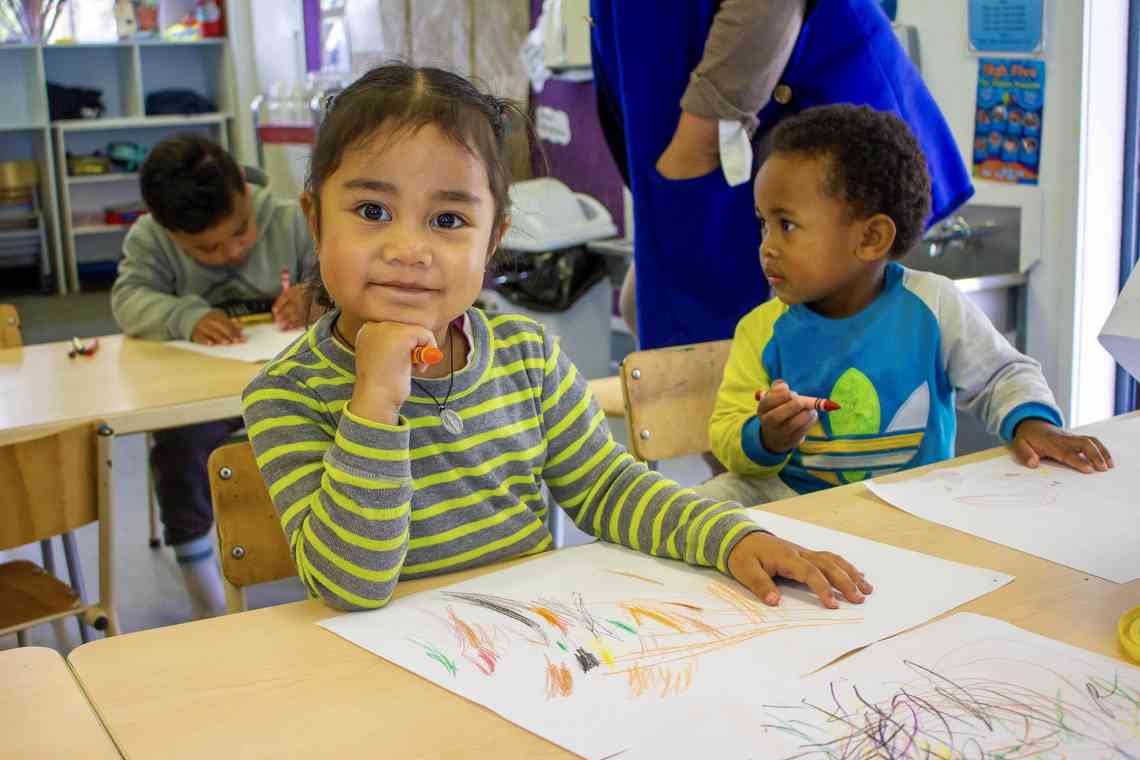From our earliest years, we are fascinated by all things STEM.
Babies love to touch, taste, pull and squish things. They are fascinated by texture, shape and function. As adults, we might not realise that a baby's repeated dropping of a spoon has nothing to do with their ability to hold it, rather it's entirely due to their fascination with cause and effect — the basis for all scientific enquiry!
Take a toddler to the beach, and they will return with a pocket full of stones and shells. Nature fascinates them. It's why they get so much joy out of swan plants and tadpoles. Biology and geology are not boring for them.
Building towers out of blocks to see how high or complex they can get before they collapse is a child's first foray into engineering. Their second is when they take the back off your computer or phone to see how it works.

This curiosity continues into primary school, where it can often be nurtured through games, activities and basic science experiments, like making volcanoes out of vinegar and baking soda.
So how is it that by the time our young people reach high school, many want to drop all the subjects that once fascinated them? In 2021, only 59% of Auckland school leavers attempted NCEA Level 1 science, while only 26% completed science up to Level 3. This trend poses a significant risk; a decline in STEM awareness and achievement will limit the future careers to which young people can aspire. It also comes at a critical time when our workforce desperately needs more STEM skills to meet future demands.
Without a solid foundation in science, technology, engineering and mathematics, we risk losing a generation of potential scientists, engineers and innovators who will be essential for addressing the future's complex challenges.
STEM literacy drives innovation, economic growth and problem-solving. If we want Aotearoa NZ to be a nation of STEM-literate adults, we must ensure we grow and nurture STEM in our children.